Filter by
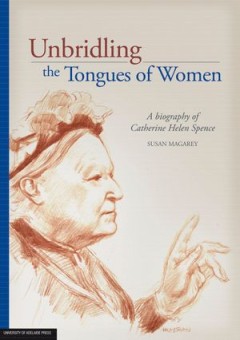
Unbridling the Tongues of Women : A Biography of Catherine Helen Spence
Originally published in 1985, this revised edition with an updated Introduction, is being published by the University of Adelaide Press to commemorate the anniversary of Catherine Helen Spence's death on 3 April 1910. Catherine Helen Spence was a charismatic public speaker in the late nineteenth century, a time when women were supposed to speak only at their own firesides. In challenging the cu…
- Edition
- -
- ISBN/ISSN
- 978-0-9806723-0-5
- Collation
- -
- Series Title
- -
- Call Number
- 809.509 2 MAR u
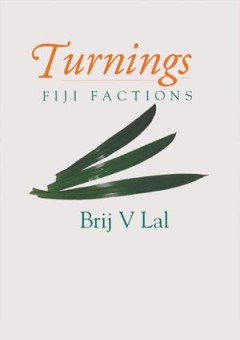
Turnings : Fiji Factions
Through Dr Lal’s refreshingly clear and powerful prose and sharply observed stories, we enter the inner world of Indo-Fijian feeling and aspiration. One universal that emerges with particular clarity in the Indo-Fijian experience is the ceaseless struggle to find community in a changing world, balancing the beauty of ritual and tradition against the transcendent value of education and modern …
- Edition
- -
- ISBN/ISSN
- 9781922144911
- Collation
- -
- Series Title
- -
- Call Number
- 305.891 411 096 11 LAL t
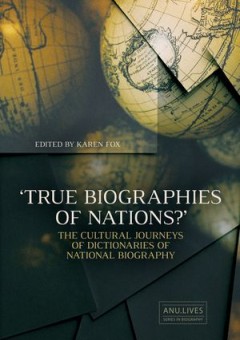
True Biographies of Nations? : The Cultural Journeys of Dictionaries of Natio…
Dictionaries of national biography are a long-established and significant genre of biographical and historical writing, existing in many forms across the globe. This book brings together practitioners from around the English‑speaking world to reflect on national biographical dictionary projects’ recent cultural journeys, and the challenges presented to them by such developments as the trans…
- Edition
- -
- ISBN/ISSN
- 9781760462758
- Collation
- -
- Series Title
- -
- Call Number
- 920 TRU
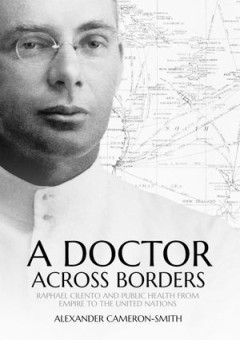
A Doctor Across Borders : Raphael Cilento and public health from empire to th…
In his day, Raphael Cilento was one of the most prominent and controversial figures in Australian medicine. As a senior medical officer in the Commonwealth and Queensland governments, he was an active participant in public health reform during the inter-war years and is best known for his vocal engagement with public discourse on the relationship between hygiene, race and Australian nationhood.…
- Edition
- -
- ISBN/ISSN
- 9781760462642
- Collation
- -
- Series Title
- -
- Call Number
- -
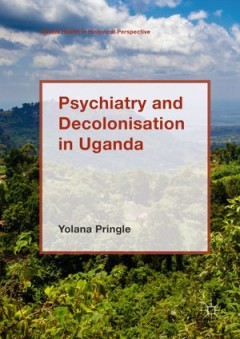
Psychiatry and Decolonisation in Uganda
This open access book investigates psychiatry in Uganda during the years of decolonisation. It examines the challenges facing a new generation of psychiatrists as they took over responsibility for psychiatry at the end of empire, and explores the ways psychiatric practices were tied to shifting political and development priorities, periods of instability, and a broader context of transnational …
- Edition
- -
- ISBN/ISSN
- 9781137600943
- Collation
- -
- Series Title
- -
- Call Number
- -
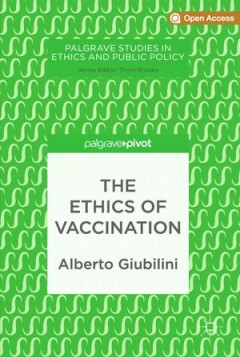
The Ethics of Vaccination
This open access book discusses individual, collective, and institutional responsibilities with regard to vaccination from the perspective of philosophy and public health ethics. It addresses the issue of what it means for a collective to be morally responsible for the realisation of herd immunity and what the implications of collective responsibility are for individual and institutional respon…
- Edition
- -
- ISBN/ISSN
- 9783030020675
- Collation
- -
- Series Title
- -
- Call Number
- -
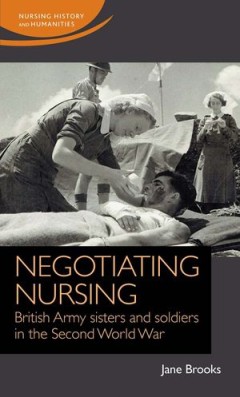
Negotiating Nursing
Negotiating nursing explores how the Queen Alexandra's Imperial Military Nursing Service (Q.A.s) salvaged men within the sensitive gender negotiations of what should and could constitute nursing work and where that work could occur. The book argues that the Q.A.s, an entirely female force during the Second World War, were essential to recovering men physically, emotionally and spiritually from …
- Edition
- -
- ISBN/ISSN
- 9781526147257
- Collation
- -
- Series Title
- -
- Call Number
- -
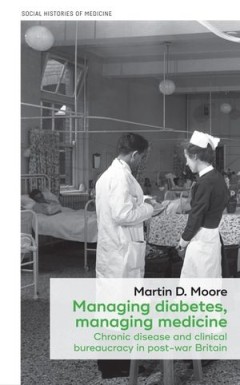
Managing diabetes, managing medicine : Chronic disease and clinical bureaucra…
Through a study of diabetes care in post-war Britain, this book is the first historical monograph to explore the emergence of managed medicine within the National Health Service. Much of the extant literature has cast the development of systems for structuring and reviewing clinical care as either a political imposition in pursuit of cost control or a professional reaction to state pressure. By…
- Edition
- -
- ISBN/ISSN
- 9781526113092
- Collation
- -
- Series Title
- -
- Call Number
- -
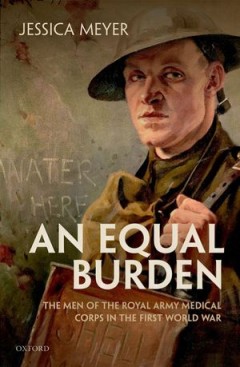
An Equal Burden
An Equal Burden forms the first scholarly study of the Army Medical Services in the First World War to focus on the roles and experiences of the men of the ranks of the Royal Army Medical Corps (RAMC). These men, through their work as stretcher bearers and orderlies, provided a range of labour, both physical and emotional, in aid of the sick and wounded. They were not professional medical careg…
- Edition
- -
- ISBN/ISSN
- 9780198824169
- Collation
- -
- Series Title
- -
- Call Number
- -
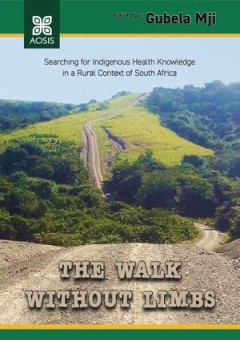
The walk without limbs: Searching for indigenous health knowledge in a rural …
In a country as diverse as South Africa, sickness and health often mean different things to different people – so much so that the different health definitions and health belief models in the country seem to have a profound influence on the health-seeking behaviour of the people who are part of our vibrant, multicultural society. This book is concerned with the integration of indigenous healt…
- Edition
- -
- ISBN/ISSN
- 9781928523123
- Collation
- -
- Series Title
- -
- Call Number
- -
 Computer Science, Information & General Works
Computer Science, Information & General Works  Philosophy & Psychology
Philosophy & Psychology  Religion
Religion  Social Sciences
Social Sciences  Language
Language  Pure Science
Pure Science  Applied Sciences
Applied Sciences  Art & Recreation
Art & Recreation  Literature
Literature  History & Geography
History & Geography